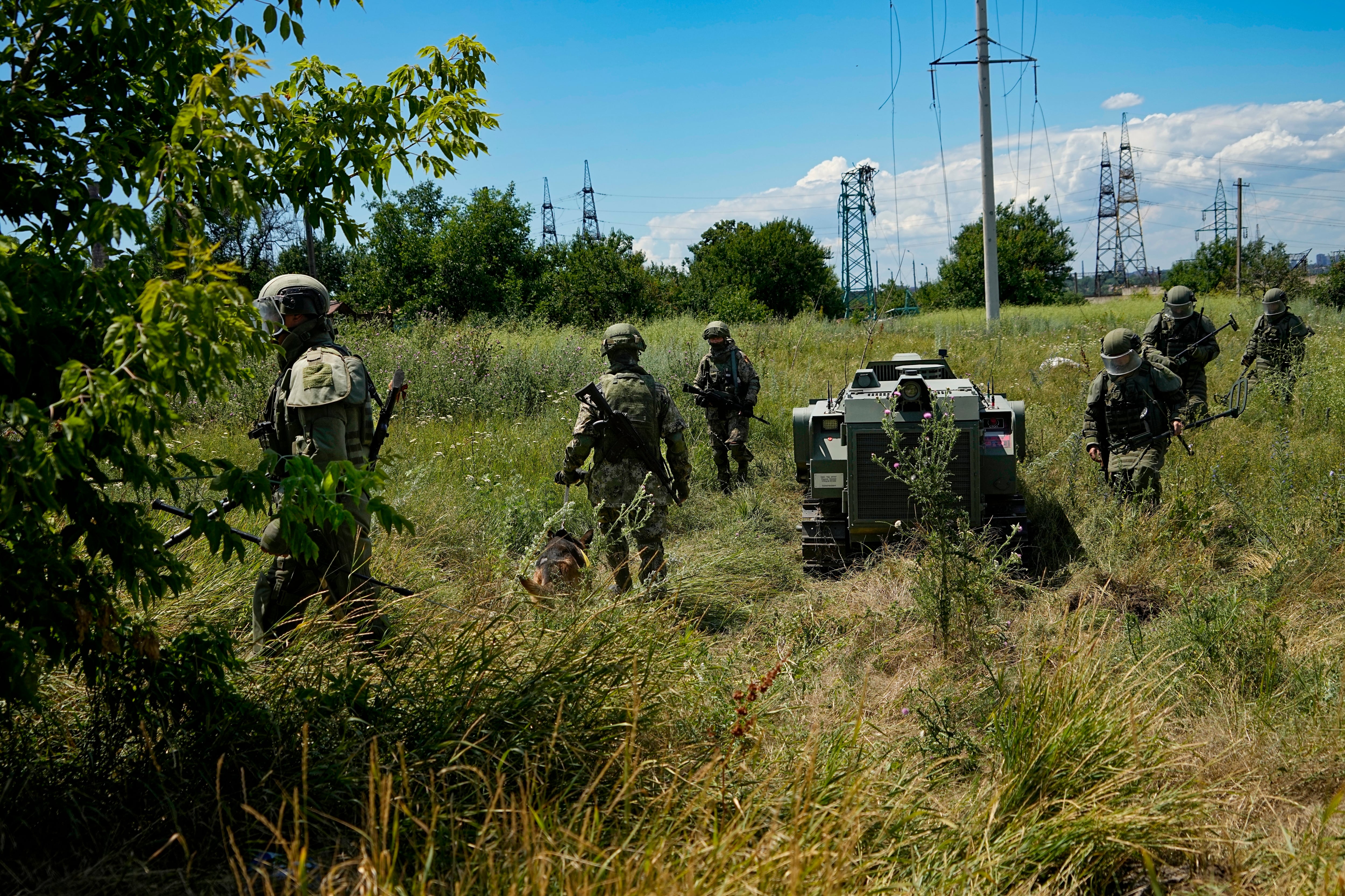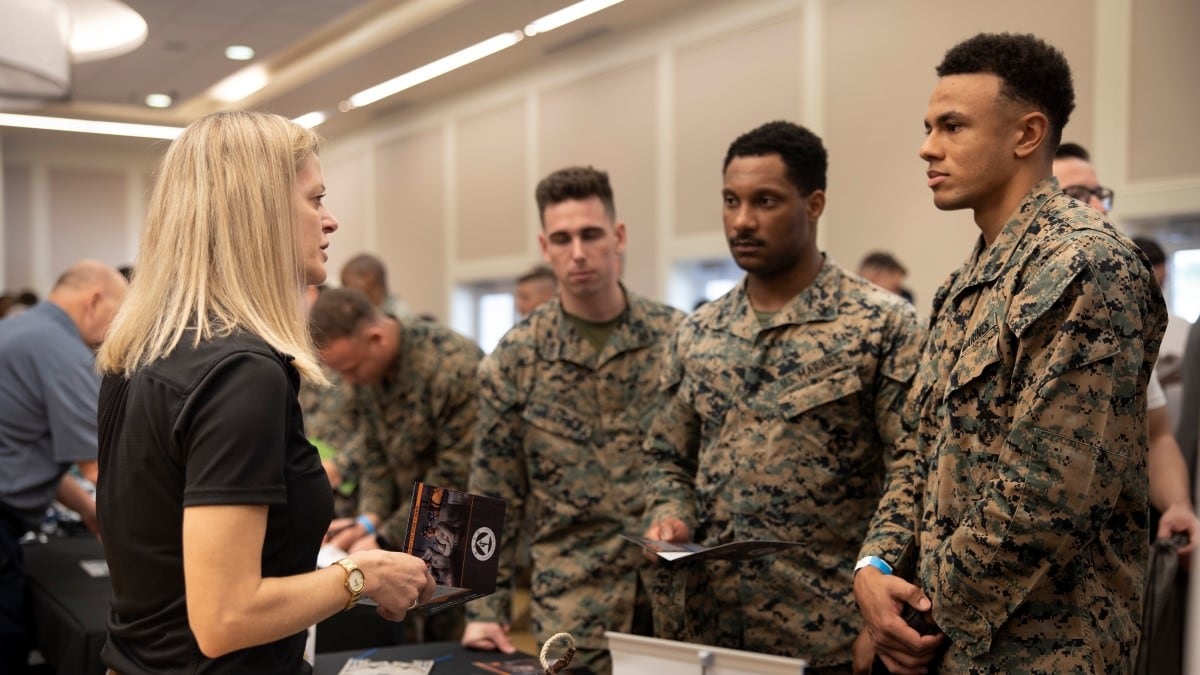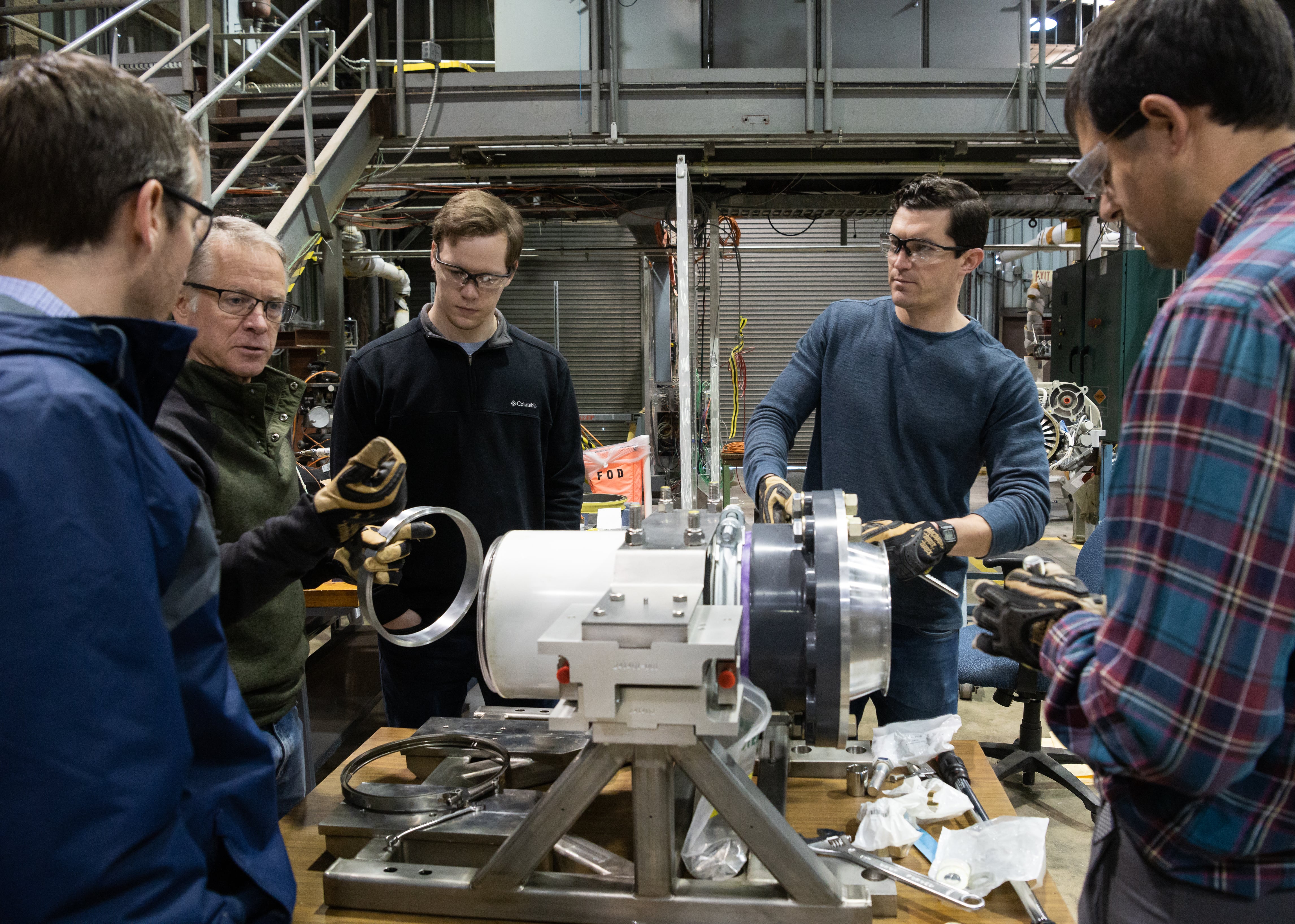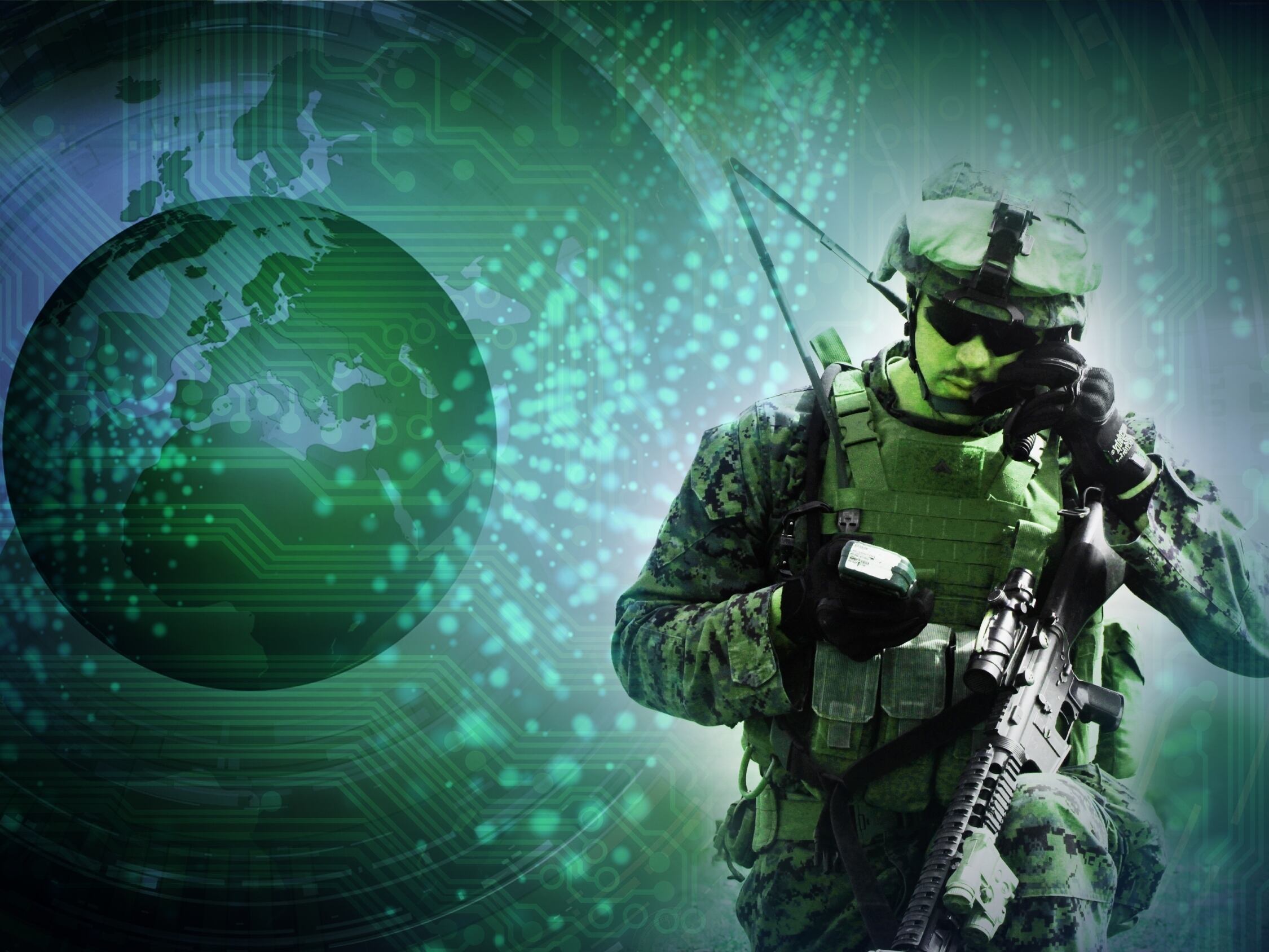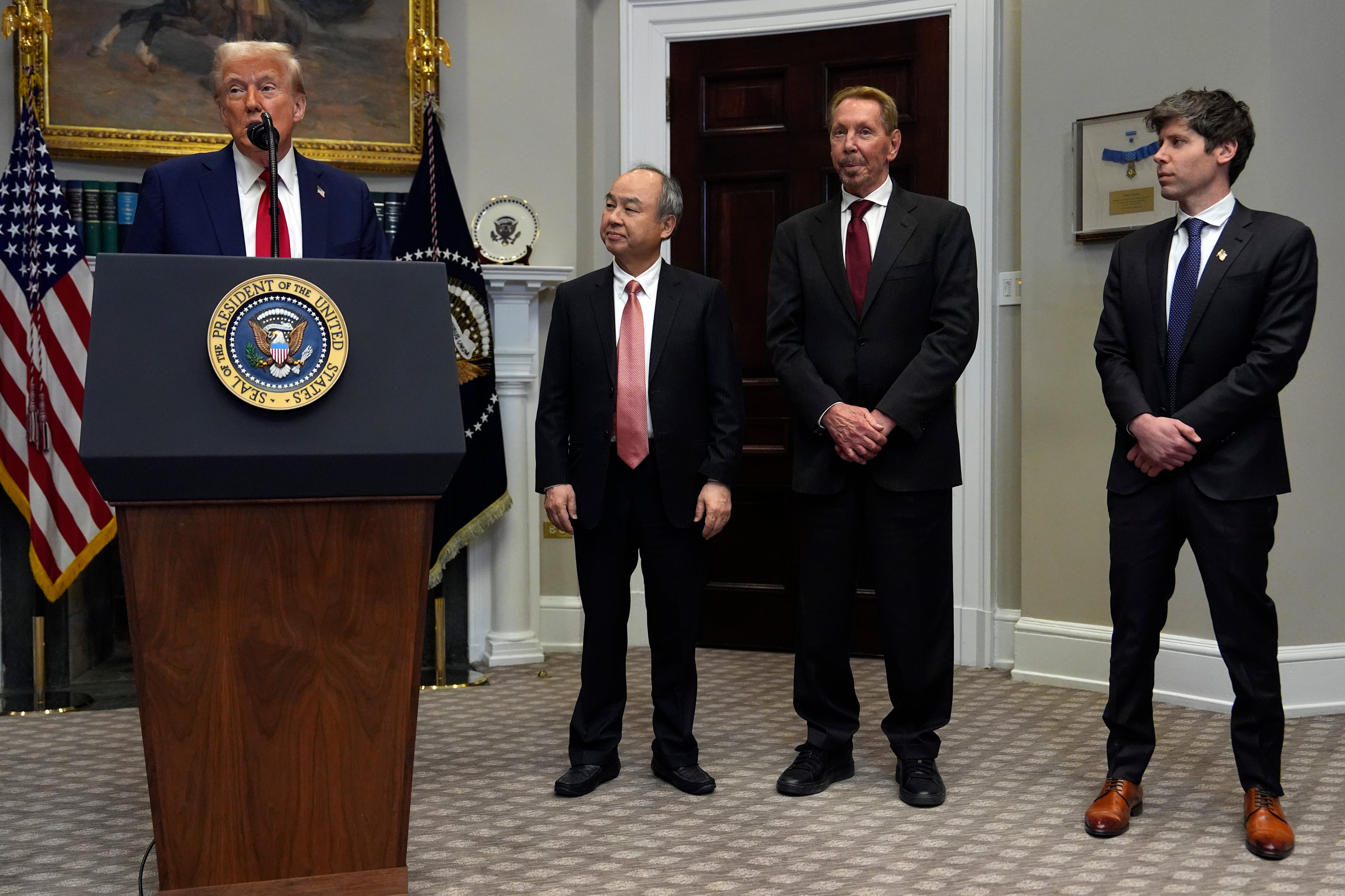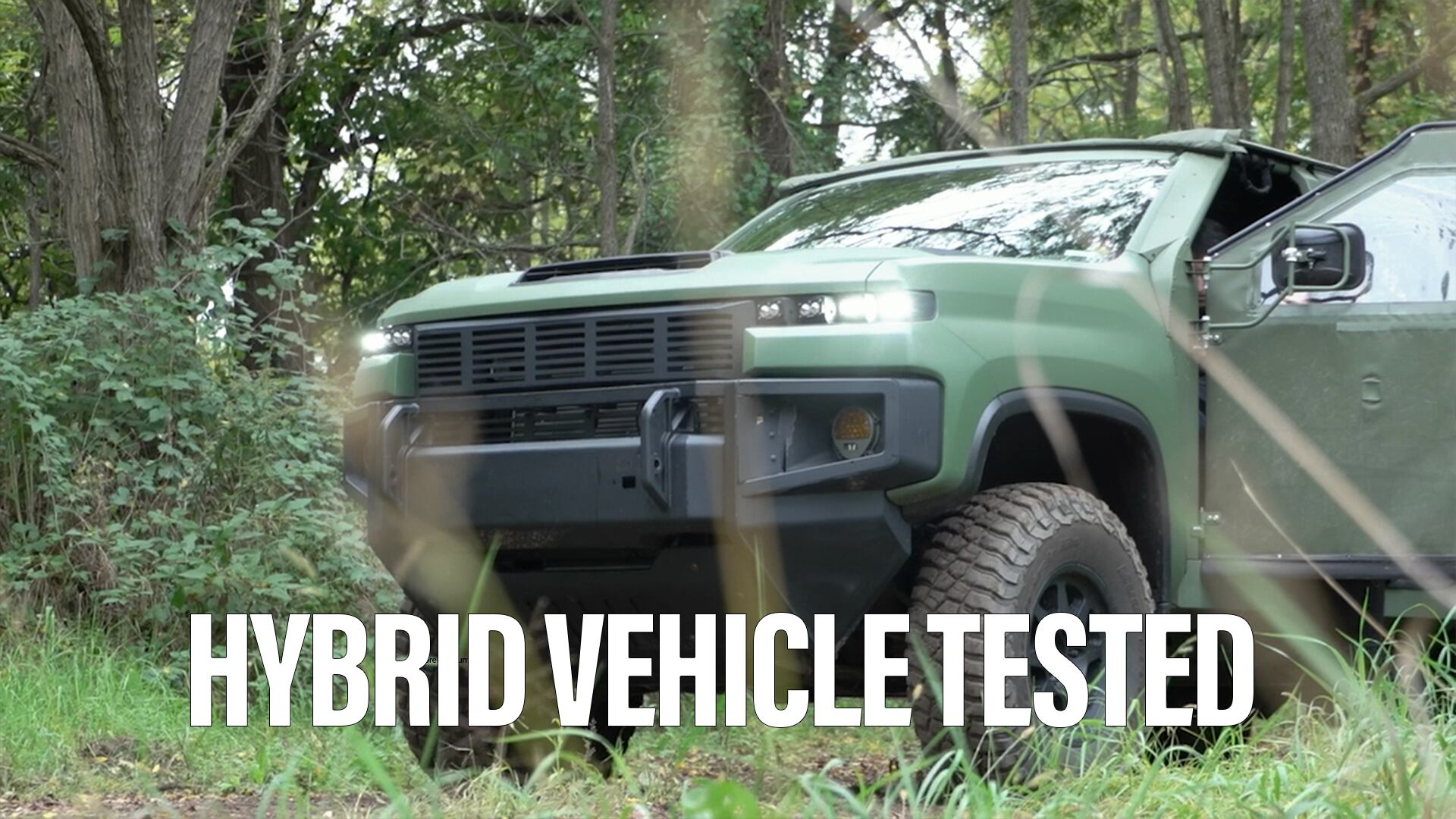MILAN — As armed aerial drones and artillery threaten troop movements on the front lines in Ukraine, experts are beginning to see crude ground robots whizz over the battlefield to resupply soldiers.
The systems observed so far in shaky footage distributed on social media appear to be designed for logistics, obviating the need for soldiers to venture from their foxholes. A Kremlin-affiliated Telegram channel recently published a clip purporting to show a Russian unmanned ground vehicle, or UGV, delivering supplies to front-line troops while avoiding strikes by Ukrainian mini-drones and transporting a wounded soldier, though the evacuation is never clearly shown.
“Because of so many drones operating in the air, both surveillance and first-person-view ones, moving around has become very difficult for both sides,” Sam Bendett, research analyst at the U.S.-based Center for Naval Analyses think tank, told Defense News. “So regular tasks like logistics, supply and evacuation are in danger of getting discovered and attacked by drones.”
In response, Ukrainian and Russian forces are fielding “simple, DIY platforms” for such tasks, Bendett added.
Federico Borsari, a fellow at the Washington-based Center for European Policy Analysis think tank, said it appears Russia’s 87th Rifle Regiment recorded the video. That regiment currently operates in the industrial area south of Avdiivka, Ukraine.
“This UGV appears as a simple, almost artisanal system rather than an industrially produced one. The Telegram channel also shows pictures of suspensions, rubber tracks and engine components bought off the shelf and delivered directly to units in Ukraine,” he added.
Both experts agree that based on the looks of the platform, it may have been assembled by soldiers or volunteers on the front lines. Bendett noted that other similar DIY projects, both tracked and wheeled, are currently undergoing tests by Russian troops as logistics platforms.
While it’s unclear whether the makeshift robots could transport a wounded soldier, the analysts said that the one seen in the video could in theory do the job.
“The vehicle’s basic design seems to be approximately 1.5 meters in length and 1.20 meters in width, with two extensible plates on the front and rear of the middle section to carry a single soldier,” Borsari said.
Russia’s recent experiments with ground robots could signal a trend, he added. “The vast array of UGV prototypes that Russian companies are working on is a clear signal that Moscow considers this segment as an important one for its future military capabilities.”
Elisabeth Gosselin-Malo is a Europe correspondent for Defense News. She covers a wide range of topics related to military procurement and international security, and specializes in reporting on the aviation sector. She is based in Milan, Italy.
